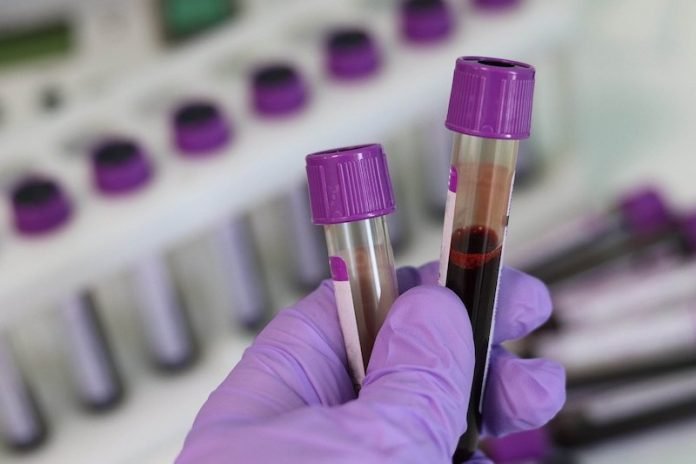
When we talk about antibodies against COVID-19, we tend to mean the so-called neutralizing antibodies, that offer protection by blocking the virus from invading our cells.
In a new study from Lund University, researchers found that non-neutralizing antibodies may also be important in providing protection against COVID.
The results indicate that non-neutralizing antibodies could also provide protection.
This would mean that people have broader protection from antibodies than previously thought, making them less vulnerable to mutations of the virus.
In the study, the team focused on how the immune system also fights off the virus by means of phagocytosis, the ability to ingest foreign particles, in COVID-19 patients.
Phagocytosis is a type of cleansing mechanism during which the immune system’s players target potential threats, such as bacteria or viruses, and ingest them, and this mechanism is facilitated if the harmful substance is marked by an antibody.
The results indicate that non-neutralizing antibodies are also important in the fight against COVID—through this mechanism.
The findings are supported by experiments on mice, in which the non-neutralizing antibodies protected the animals from COVID-19 infection.
The research team also discovered that the amount of neutralizing antibodies affect the process of phagocytosis.
If you care about Covid, please read studies about most effective face-mask practices to reduce spread of COVID-19, and current drugs that could help treat COVID-19.
For more information about health, please see recent studies about when should I use a rapid COVID test, and results showing your BMI number linked to risks of death and ICU stay in COVID-19.
The study is published in Frontiers in Immunology. One author of the study is Pontus Nordenfelt.
Copyright © 2022 Knowridge Science Report. All rights reserved.




